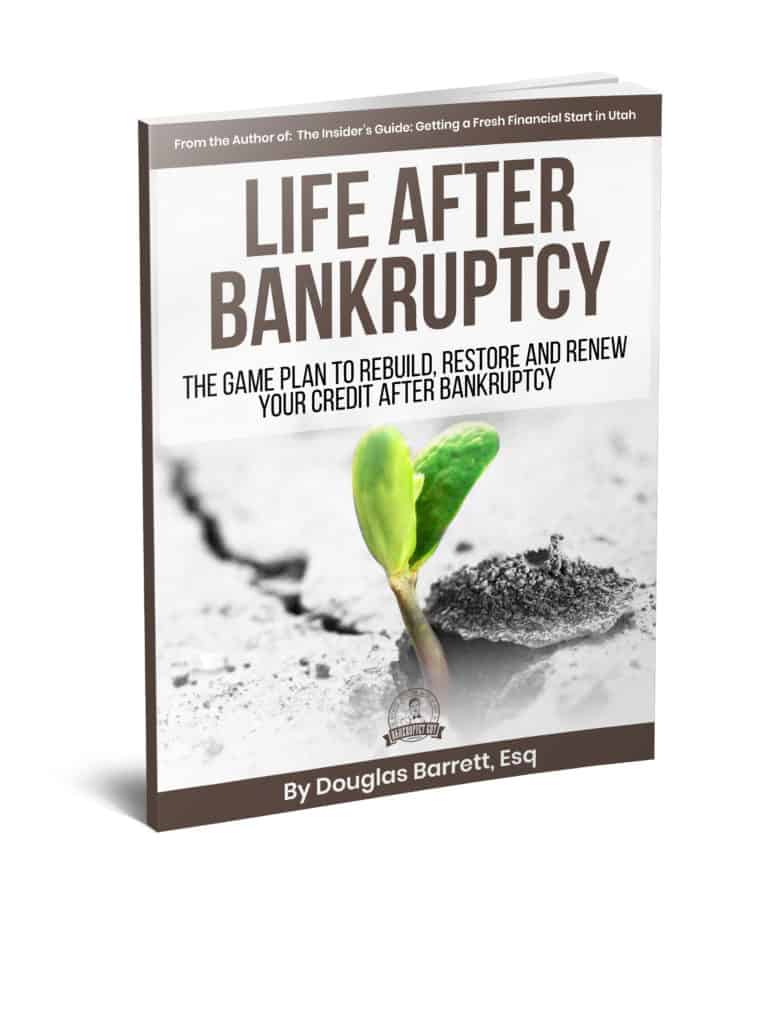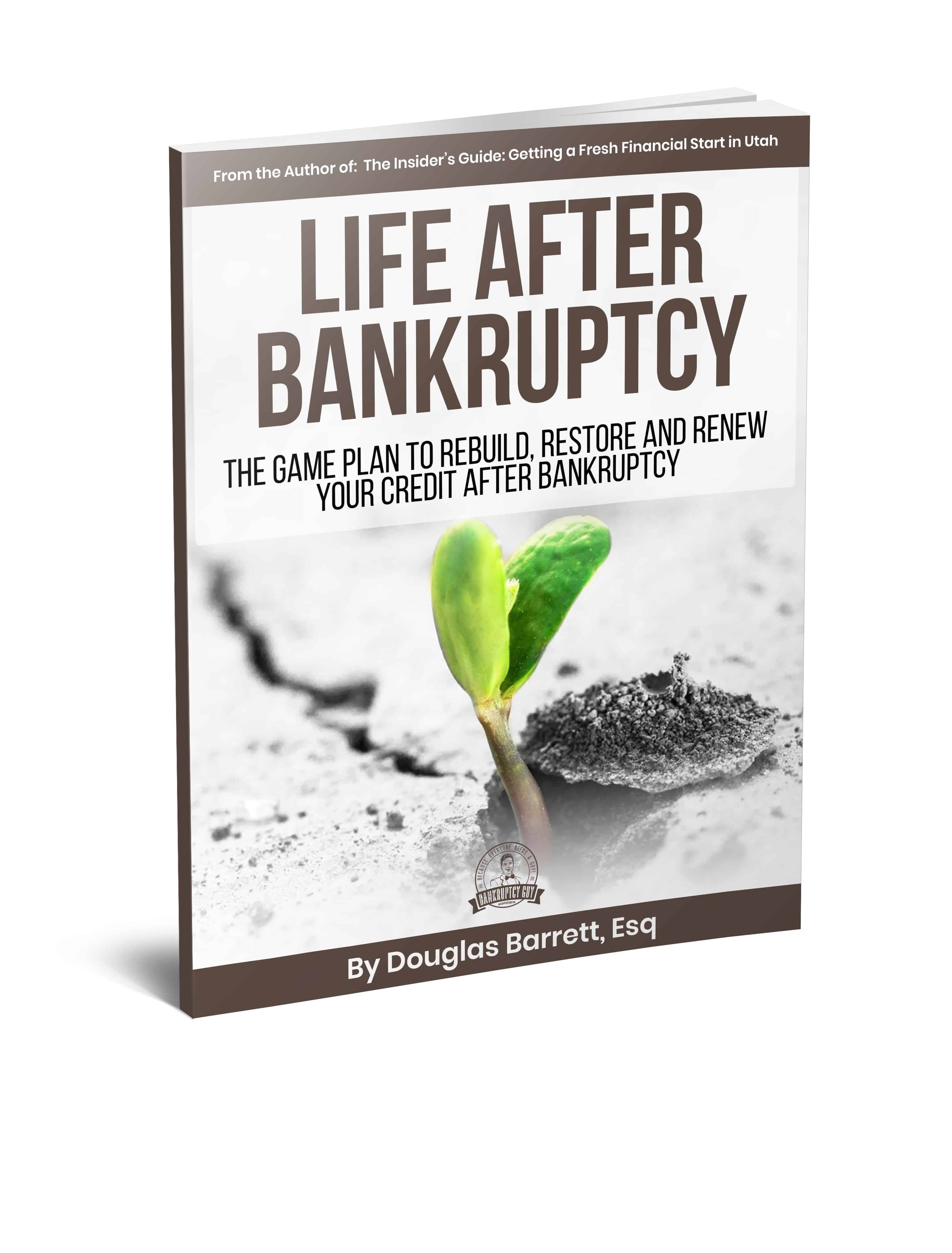
Your bankruptcy is over when your case is closed, generally soon after you get a discharge. A discharge is when you are no longer legally obligated to pay your debts. When bankruptcy is over, if creditors keep calling you and trying to collect from you, that is a serious violation of the bankruptcy code. However, just because your bankruptcy is discharged doesn’t mean your responsibilities are over. The court won’t close your case until all the outstanding issues are resolved. Its important to work with your attorney to resolve issues with the bankruptcy trustee so your case can be closed quickly.
It’s important to get you case discharge quickly so you can focus on the real reason you filed for bankruptcy – to get a fresh start. Many people that get a discharge in their bankruptcy case forget that that’s just the beginning of the task of rebuilding their financial future.
Working with your attorney you can come up with a strategy to deal with the issues you may face after you file bankruptcy. One of the major issues after a bankruptcy case filing is re-establishing positive credit. In the book, Life After Bankruptcy: The game plan to rebuild restore and renew your credit I walk you through the steps to get bank on a firm standing with the credit reporting agencies.
Even if you never read my book remember your future credit score after bankruptcy will be based on the good things you do after you file. Your past will not define you but you have to do good things to get a good credit score after your bankruptcy is over. As with everything in life its the effort that you put into something that give you best results – so it is with re-establishing credit.
